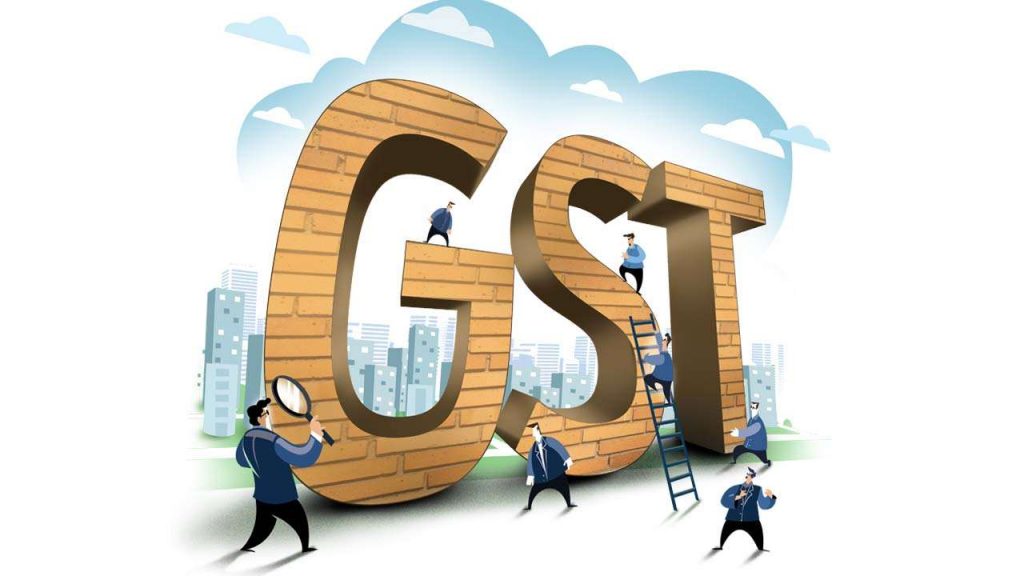Table of Content
▲
New Delhi: Real estate sector and stakeholder dynamics have had a major impact due to the COVID-19 pandemic; Nevertheless, industry experts hope that the union's upcoming budget for 2021 will pave the way for opportunities and recovery. Both developers and buyers expect the Union Budget 2021 to introduce reforms such as tax cuts and price correction that will benefit the industry and stabilize it more. The following are the various measures expected by the industry:
Circle rates
For the real estate sector, the 20% deviation from the periodic rates announced by the Minister of Finance last year through June 2021 for homes costing Rs 2 crores should not be time-limited and should extend to all classes of real estate assets. The same will allow developers to offload the massive backlog of unsold stock costing more than 2 million rupees, says Kushal Agarwal, head of Guardians Real Estate Advisory. Pradeep Agarwal, founder, and president of Signature Global Group says stamp duty on buying land in affordable housing should be reduced or eliminated over the next several years to promote launching such homes.
Goods and Services Tax(GST)
The industry has been calling for the GST to be removed on homes under construction to equate it to listed homes that are not subject to GST, says Amit Goyal, CEO of India Sotheby's International Realty. On the other hand, Ashok Mohanani, President of NAREDCO Maharashtra, is looking to reintroduce a Goods and Services Tax with a tax credit on properties under construction which will generate demand among homebuyers. The government can comply with the industry's requirement to allow the goods and services tax paid on input materials during the construction phase to be offset against rent and other property revenue upon completion. Currently, the lack of input credit is seen as a double tax advantage on commercial property developers who own lease or rent-based assets, ”adds Vivek Chandy, Joint Managing Partner at J Sagar Associates. Since the application of the goods and services tax to the transfer of development rights (TDR) to the application of the goods and services tax to the transfer of the right to develop the land. Due to these adjustments, most projects, both residential and commercial, have been drastically reduced. During this budget, if there is a GST relaxation for the joint development deal in T.D.R, that would be a great criterion for developers to accept projects for development, ”says Bijay Agarwal, MD, Salarpuria Sattva. 
Income tax
"In terms of a housing claim, the tax deduction under Section 80C on loan principal repayment on mortgage loans does not provide a housing-focused advantage. The separate annual deduction of INR 150,000 will provide the much-needed payment for choosing to buy a home," says Shishir Baijal President and CEO of Knight Frank India. To boost demand and provide relief to homebuyers, we expect tax refunds for them, like a rupee review. 2 lakhs to a much larger number in home loans under Section 24 (b) of the Income Tax Law. This should lead to more savings and an increase in preferred stock compensation. There is also a need to revise the affordable housing limit of Rs. 45,000 rupees to a higher figure considering land and building prices in major cities, says Ravindra Pai, MD, Century Real Estate.
Leasing
The theoretical rental tax exemption period, on unsold stocks, should be extended to 3-5 years from two years after receiving the Occupancy Certificate.
CLSS
“To support homebuyers, we expect the government to extend Pradhan Mantri Awas Yojna(PMAY)'s credit-related support scheme (CLSS) also to the middle-income group. The sector is also asking for an expansion of both the tax deduction by 100 percent in accordance with IBA Section 80 as an additional tax deduction of Rs. 1.5 lakh Interest payments on housing loans taken for the affordable housing scheme, for at least one year until the market stabilizes, ”says Morale Malayapan, President and CEO of Shriram Real Estate. “The CLSS deadline should be extended by two years until March 31, 2023. Moreover, given the relatively high housing prices in major cities, the initial amount of CLSS support should be increased to INR 3.5 lakhs (from the current level of Rs 2.3-2.67 lakhs depending on income class) with a corresponding improvement in income criteria which will make the amount of the subsidy more significant compared to the nation's values, ”says Baijal.
REIT
The budget should also encourage greater adoption of new efficiency measures, such as the use of contract savings plans or real estate investment funds (REITs), which will increase the viability of housing schemes across the country and open up new investment opportunities. Nimish Gupta. Managing Director (South Asia), RICS. For REITs, the government should reduce investment terms from three years to one year for long-term capital gains taxes; Thus ensuring greater participation of retail investors and facilitating the challenge of long-term financing for such projects, "says Baijal.
Stress Fund
The government can also make provisions for the direct injection of money into the sector through existing channels, such as SWAMIH funds. Another fund such as SWAMIH-II Funds should also be launched, which should focus on the state and where state institutions can contribute 50% of the capital. This should have regional offices in the respective states to finance only projects in levels 2 and 3 of the cities not yet covered, with the current fund. We urge the government to introduce a special package with a medium to long term horizon for the real estate sector to recover and embark on the path of sustainable growth. This package should not only take into account affordable and mid-range housing, but also other asset classes such as commercial offices, special economic zones, IT parks, industrial parks, warehousing, and logistics complexes, and organized retail developments, among others because this sector is It is a thriving ecosystem. To hold together. Sankey Prasad, President, and CEO of Colliers International India
Affordable housing
Importing technology (such as aluminum profiles used in AFW) to build affordable housing from other countries should be duty-free. Also, the Goods and Services Tax (GST) on materials and services used in affordable housing should be reduced to 50% or reduced to a single digit, Pradeep Agarwal says. 
The cost of building materials
Ashish R Puravankara, managing director of Puravankara, says lowering the GST on building materials from the current 18% to 5% will be a game-changer. Cement, a vital raw material for infrastructure and real estate, attracts a GST at 28%, which is the luxury goods tax rate. Pavitra Shankar, CEO of Brigade Enterprises, says a reduction in the cement goods and services tax would be a welcome advertisement for the industry.
Tile industry
The current GST rate of 18% is much more than the desired 12%, which is a request the government may consider. The government should also consider including natural gas in the tax system, which is not currently being considered for inclusion. Natural gas accounts for about 18-20% of the total cost and is one of the cleanest sources of fuel, says Himanshu Jindal, Chief Financial Officer of Orientbell Tiles. Also Read: India consider easing rules to attract FDI in the construction sector

_1697024532.webp)

_1772441702.webp)

